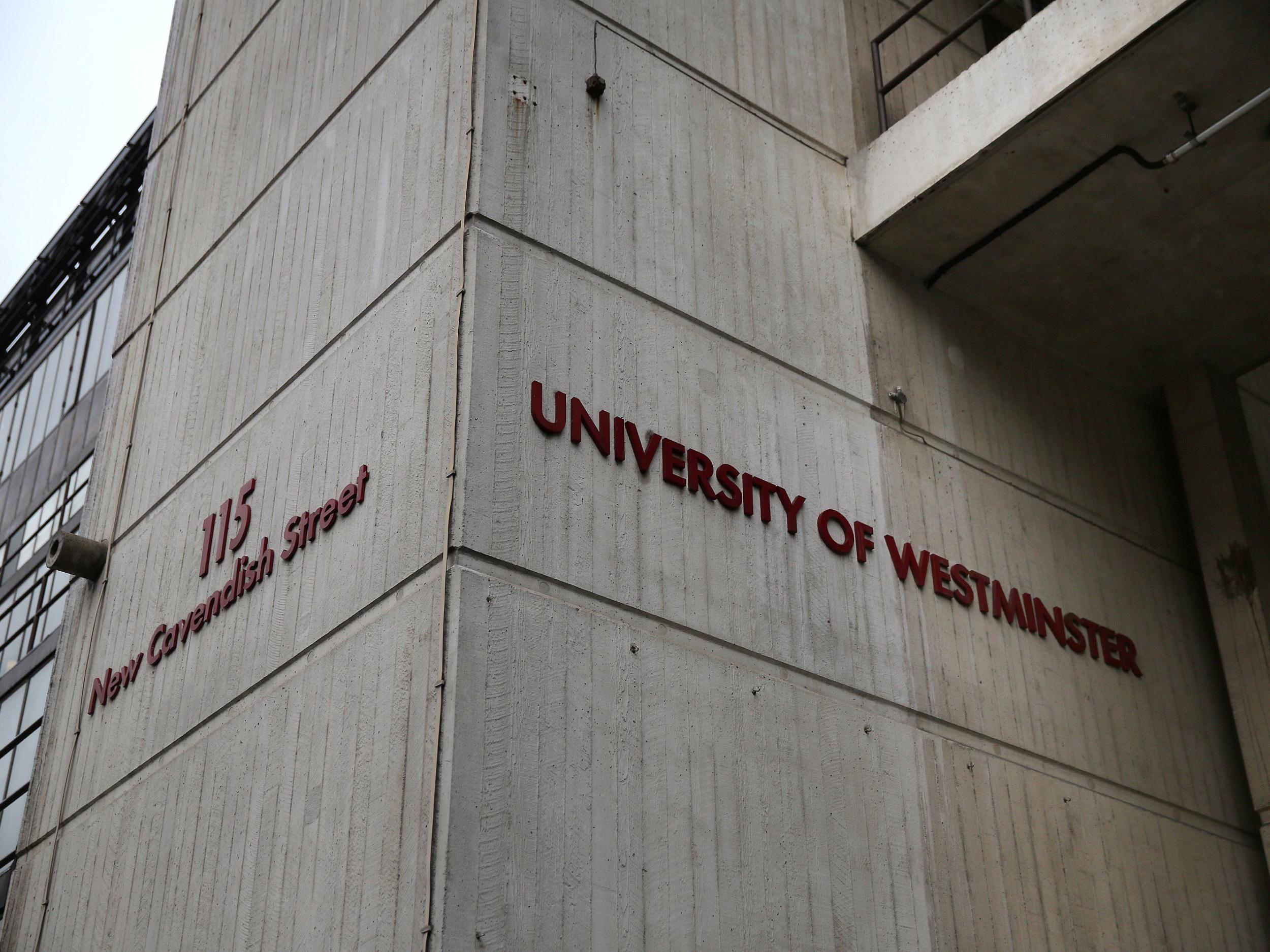The University of Westminster has achieved a national first by appointing the first-ever paid secular adviser for non-religious staff and students.
Trained and accredited by the British Humanist Association (BHA), the charity says Isabel Millar’s role will be the first to address the fact that non-religious people are “unlikely to accept emotional and spiritual support from a religious adviser.”
The BHA also adds that the new appointment is reflective of the “rapidly changing demographics” of the UK where around two-thirds of university-age students report having no religion, despite experiencing “all the same stresses and strains as their religious counterparts.”
Universities have been known to employ chaplains and multifaith advisors to provide like-minded emotional and spiritual support to students and employees with a religious background.
Speaking about her groundbreaking new appointment at the university, Millar called it “an absolutely thrilling development,” and, explaining what her role will entail, said: “I will be advising from a secular humanist perspective in the context of a multi-faith and culturally diverse institution, and providing a non-religious ethical reference point with regard to moral, social, and cultural issues arising in the university.
“Non-religious students and staff will have the option of choosing to speak to someone who shares their common outlook on life in a safe, supportive, and inclusive environment.”
Andrew Copson, chief executive of the BHA through which Millar has been trained and accredited, described how research has shown people “benefit enormously” from like-minded care and a listening ear at difficult times in their lives, in terms of health outcomes, reoffending rates, and educational achievements.
Copson continued: “For a very long time, non-religious people haven’t been able to benefit in that same way from having a non-judgmental person to speak to who shares their outlook on the world. Appointments like Isabel’s are to be celebrated, and we hope more and more institutions will choose to follow their example.”
A spokesperson for the university told the Independent: “This appointment was created in recognition of the growing importance placed on mutual understanding between people of all faiths and none, and our role as a multicultural university in encouraging dialogue and supporting our communities on and around campus.
“Isabel’s role provides, not only secular pastoral care for students, but also educational support at an academic and corporate level.”
Prominent and outspoken secularist and human rights activist, Maryam Namazie, told the Independent the fact that this secular appointment is newsworthy shows “just how much religion has encroached in our public spaces and universities.” She added: “Seeing people through the prism of religion and providing religion-based support to those in need is a far cry from what student counselling and care are meant to be - secular, non-judgemental, and universal.”
Millar’s appointment is part of a trend towards increased representation of the non-religious alongside chaplaincy services. In January, the first humanist hospital chaplain in Britain, Jane Flint, began offering emotional support to terminally ill atheist patients and their relatives at Leicester Hospitals.
Speaking to the Independent at the time of her new role, Flint believed her message of empathy and compassion would provide immense comfort to patients with no religious faith. She said: “It won’t be about me. I will be there to give them undivided attention, a listening ear so they can say what they want.”
Flint’s role came after Leicester’s own research showed overwhelming demand from its non-religious patients for like-minded care, and also shortly after NHS England guidance in 2015 stipulated that hospitals were obliged to provide distinctive pastoral care for their non-religious patients.
Subscribe to Independent Premium to bookmark this article
Want to bookmark your favourite articles and stories to read or reference later? Start your Independent Premium subscription today.


Join our commenting forum
Join thought-provoking conversations, follow other Independent readers and see their replies